A power of attorney is a document that grants various powers and responsibilities to a trusted third party (typically referred to as an “attorney-in-fact” or “agent”) who can act on your behalf. This document usually only allows an agent to make non-medical decisions on your behalf. A power of attorney can be a valuable planning tool that lets you decide in advance who will manage your affairs should you become unable to do so. It can also be a way to avoid expensive guardianship or conservatorship proceedings if you become disabled or incapacitated.
The way a power of attorney is formalized varies from state to state. Some states have particular requirements and wording that must be in a power of attorney for it to be valid and accepted. You may have heard of the terms “springing” and “non-springing” power of attorney and wonder what they mean.
Springing Power of Attorney
A springing power of attorney is a document executed now, but that does not take effect until the occurrence of a specified event (e.g., incapacitation). This type of power of attorney is contingent on something specific happening before it comes into force. If the event or incapacity never occurs, an agent will not be empowered to act on behalf of the principal.
Many people want a springing power of attorney because they feel more comfortable knowing their agent can only exercise powers if a triggering event occurs. This can alleviate any concern that the agent may try to misuse a power of attorney.
A springing power of attorney is not always easy to use. Depending on your jurisdiction, it may be necessary to have a medical professional such as a doctor certify that a triggering condition has occurred.
Let’s say you become medically incapacitated. Where required, the professional will likely have to complete an affidavit attesting to your condition or that certain events occurred. Often, a medical professional will not be comfortable signing an affidavit or may require their own attorney to advise them on how to proceed. This can cause delays that can frustrate an agent’s ability to act, especially in time-sensitive situations.
Additionally, financial institutions may be reluctant to accept this type of power of attorney because it is difficult for them to judge whether you truly are incapacitated or if a triggering event has in fact occurred. A certain amount of caution on the part of financial institutions is understandable: When someone steps forward claiming to represent the account holder, the financial institution wants to verify that the individual indeed has the authority to act for the principal.
Non-Springing Power of Attorney
With a non-springing (also know as “immediately effective”) power of attorney, the agent has the powers granted in the document the moment it is signed by you and the agent(s) you designate. So, even if you are capable of signing for yourself or handling certain transactions, your agent could still sign for you without your involvement.
How Some States Approach Powers of Attorney
Many states have taken steps to address some of these problems. Some states have implemented statutory forms that, if filled out and executed correctly, financial and other institutions will be more likely to accept. In particular, many of these forms have a provision where the agent agrees to reimburse the third party for any claims that may arise against the third party because of reliance on a power of attorney.
To help limit the potential for abuse by an agent, some state statutory forms also allow a power of attorney to be narrowly tailored to a specific purpose.
The laws of each state will vary when it comes to powers of attorney. For guidance on a springing or non-springing power of attorney, contact Jayde Law PLLC for a consultation.


